#Philip M. Thomas
Photo
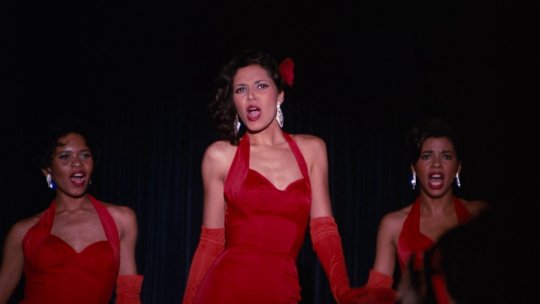
Sparkle (1976)
In 1959, three young women in Detroit’s Brewster-Douglass Housing Projects came together to form a musical trio. Sixteen-year-old Florence Ballard first convinced her best friend, Mary Wilson, fifteen, to join the group; Wilson then recruited Diana Ross, also fifteen, to join. On weekday evenings and weekends, the Primettes (the “sister group” to the Primes, later known as the Temptations) performed at local clubs and talent shows across Detroit, often covering hits from the Drifters and Ray Charles. The Primettes became a local sensation, winning a competition at the 1960 International Freedom Festival, and attracting the attention of Motown founder and executive Berry Gordy. Gordy signed the Primettes to a contract in early 1961, on stipulation they change their name. They became the Supremes.
One decade later in American cinema, the major Hollywood studios began experimenting with and quickly realized the box office appeal of blaxploitation. Blaxploitation is a type of exploitation film that features heavily – if not entirely – black casts and narratives, often aimed at an urban African-American audience. Generally, the subgenre concurrently provided a valuable avenue for black representation in Hollywood (on- and off-camera) and narratives concerning the community, all while upholding damaging white stereotypes about black people (i.e., violence, substance abuse, the hypersexualization of black women and highly polarized sexualization of black men with little in-between, etc.).
Released by Warner Bros., Sam O’Steen’s Sparkle, takes inspiration from the history of the original members of the Supremes. Sparkle arrived long after the breakup of the original Supremes (Ross departed in 1970; Ballard in 1967, but passed away two months before Sparkle’s release) and before the 1981 Broadway debut of Dreamgirls (which has a narrative with the same inspiration and story arc). Likewise, the film made its theatrical debut at a moment when blaxploitation was undoubtedly in decline. Repeated criticism from the National Association for the Advancement of Colored People (NAACP), the decision of some of the subgenre’s stars to pursue interests elsewhere, and impatience for blaxploitation’s typical low production values all contributed to that drop-off. Sparkle carries elements of blaxploitation (as do many films centered on African-American characters), but, despite its myriad of flaws, it represents a glimpse of the future of black American cinema.
It is 1958 in Harlem, New York City. The Williams sisters – youngest Sparkle (Cara; the obvious Diana Ross analogue), middle sister Delores (Dwan Smith), and eldest Sister (Lonette McKee; whose character starts out as the lead singer) – and friends Stix (Philip Michael Thomas) and Levi (Dorian Harewood) decide to take their church singing experience to form a musical quintet. The sisters’ mother, Effie (Mary Alice), works long hours as a maid, and has little time to tend to her children. Without much consideration other than requesting promises that the Williams daughters’ schoolwork remains their priority, she lends her blessing to their idea. Dubbing themselves the Hearts, a successful showing at a local talent competition has everyone imagining how they might have a future as professional musicians. Both young men drop out of the group – Levi so that he can take a job with a gangster named Satin (Tony King); Stix becomes the now-trio’s manager and co-composer. The trio, now known as Sister and the Sisters (I would have kept the original name), soon become the headline act at the sordid Shan-Doo Club. There, the malicious intentions of others and unfortunate incidents will challenge the fabric of the group and the bonds of sisterhood between Sparkle, Delores, and Sister.
At a brisk ninety-eight minutes, Sparkle wants to balance the narratives for Sparkle, Delores, and Sister as much as it can. But Joel Schumacher’s (1978’s The Wiz, 2004’s The Phantom of the Opera) screenplay and Howard Rosenman’s (1991’s Father of the Bride, 2017’s Call Me By Your Name) story serves no one particularly well. Given that the film is named after the youngest of the Williams sisters, it makes sense that Sparkle receives the most attention. However, the pedestrian dialogue – especially in the most heightened romantic and violent moments of the films – provides Irene Cara little to work with. And if the ostensible lead actress is ill-served by the screenplay, the situation is worse for everyone else. Sparkle’s storyline – despite a worthy message of how she cannot depend entirely on others to find happiness or success – lurches from one cliché to another, the typical rags-to-riches story executed more interestingly in scores of films that came before and after this.
The connections to Delores and Sister’s stories are likewise poorly handled and edited, with transitions too abrupt for any sort of reflection about the scene prior. We learn about Dolores’ interest in joining the civil rights movement, but this character detail has no depth despite its centrality to a crucial plot point. Sister’s eventual drug abuse and domestic (and potentially, sexual) abuse from her partner is entirely one-dimensional – as if lifted from a shabby blaxploitation film with even less regard for its characters. Her fate feels preordained from the moment we learn of her quandary. Sister’s part in Sparkle is sensationalistic, torturing her and her loving sisters almost for the sake of it.
I can understand how the extremely simplified dialogue in Sparkle might be realistic, but the screenplay is also devoid of geographic, historical, and racial vernacular that places the audience firmly in the film’s setting. Rarely did I ever feel that this was a film set in Harlem, let alone New York City in the late 1950s. New York City – and Harlem moreso than most neighborhoods – is itself a character in many films set in the Big Apple. Bruce Surtees’ (1971’s The Beguiled, 1984’s Beverly Hills Cop) anonymous cinematography also undermines this aspect of the film. The lack of variety beyond Surtees’ medium and medium-close shots renders Sparkle a tedious watch. The film never suggests the claustrophobia that many contemporary independent films rely on to suggest intimacy or entrapment. Nor does the camera pull back far enough to bask in the magnificence of New York City, any of the featured musical venues, or even the bodily movement in some of the sisters’ musical performances.
Surtees’ purported lack of experience in lighting for scenes featuring non-white people also results in all the musical performances – outside of the spotlight beaming towards any of the performers – being surrounded in pitch darkness. In terms of lighting, this is an exceptionally dark movie during those moments, as one can barely make out backgrounds or furniture or even some facial expressions and features because of the poor lighting. It is almost as if Surtees wanted to capture the impression that one experiences when coming into a dimly lit room after exiting a daytime exterior. One’s eyes have not adjusted to the darkness, so the interior seems darker than it is. The only problem is that Surtees never adjusts, and it is not clear what purpose this serves emotionally, narratively, or even atmospherically (because almost all other interior scenes in Sparkle are also underlit, just not as intensely as the musical scenes). Your experience in watching Sparkle may vary depending on the quality of the print you watch, largely due to the poor cinematography and lighting that makes certain formats and editions unwatchable. This write-up is based on the print made available for broadcast on Turner Classic Movies (TCM).
The composer for Sparkle, Curtis Mayfield, was an innovator in soul music and 1960s R&B. Mayfield, one of the original members of the Impressions (whose original lead singer was Jerry Butler; “For Your Precious Love”, “People Get Ready”), left the group in 1970 for a solo career. His filmography, though not lengthy, nevertheless included one of the most popular blaxploitation films of all in Super Fly (1972). Part of Mayfield’s reasoning for leaving the Impressions was to find the freedom to integrate his music with a social consciousness (as one can hear in the Impressions’ “People Get Ready” and the songs in Super Fly). But for a project like Sparkle, Mayfield would have to find a way to replicate the Motown sound, style, and lyrics of early ‘60s girl groups. He may not have been the ideal candidate for this mode of R&B and soul (and one can hear it in this film at times as a handful of the songs pass too long without a quotation of the chorus), but Mayfield produces an always-listenable score and set of songs for Sparkle.
youtube
The Hearts’ debut number, “Jump”, has minimal instrumentation: percussion and select stabs of brass. It is a basic start, acted wonderfully by the quintet by showcasing the initial awkwardness that only begins to truly groove about a minute in. The boys, Stix and Levi, are obviously vestigial to the performance because neither sings, both only half-clumsily (look at 1:23 in the provided video) adding to the choreography. It works in the narrative context of the film. Once the Hearts become Sister and the Sisters, then the performances garner more musical interest. “Hooked On Your Love”, the group’s debut performance at the Shan-Doo Club, might be the most Supremes-like song in the soundtrack. From the choreography that just evokes the grainy videos one might find on YouTube of early ‘60s girl groups, the era-appropriate vocal ornamentations, and the fact that all three actresses (especially) Cara are having a blast performing, “Hooked On Your Love” is just a knockout of period musical goodness. I just wish the camera drew back a little longer so we could see all three sisters for longer stretches of time (and again, pity about the lighting). Cross-cut with images of Sister’s relationship and personal troubles, “Giving Him Something He Can Feel” is a wonderful mid-film number, for the same reasons as “Hooked On Your Love” works musically. Here, however, there is more narrative and visual interest. Its placement and the editing here – see those wary glances from their mother towards the disreputable crowd during the performance – is the film’s Rubicon crossing.
With such a great slate of songs, what a shame it is that none of the film’s original performances are available in soundtrack form. Instead, Aretha Franklin is the sole performer on the soundtrack, as she covers all the songs. No disrespect to Aretha (in my book, at least in the top five of vocalists in any genre during the last century), but the original performers deserved more respect in a commercial release of the film’s soundtrack. As it is, the original in-film performances are easily searchable, so one can enjoy the movie and the soundtrack versions and appreciate the artistry of Aretha, as well as that of Irene Cara, Lonette McKee, and Dwan Smith.
A year after appearing in Aaron Loves Angela (1975), Irene Cara had now starred in two major studio production a year apart. Neither film was a box office success – Sparkle’s box office records remain unknown, so I am going off educated guesses from a variety of sources – but this was still a point of pride for Cara to achieve so much just as she turned seventeen years old. Her best-known accomplishments in acting and singing in Fame (1980) and her Academy Award win for the title song to Flashdance (1983) would not be far off. Lonette McKee, in her film debut, would carve out a stable career through the 1970s and ‘80s, with appearances in Francis Ford Coppola’s The Cotton Club (1984) and Walter Hill’s Brewster’s Millions (1985). Dwan Smith has largely faded from the public eye since Sparkle.
As one of the late Whitney Houston’s favorite films, Sparkle was remade in 2012 starring American Idol winner Jordin Sparks, Carmen Ejogo, and Tika Sumpter as the sisters and Houston as their imperious evangelical mother. 2012’s Sparkle was Houston’s final film, and has been almost universally compared unfavorably to the original. Sparkle has, over the years, become a cult favorite among African-American audiences. Curtis Mayfield’s songs and associated performances, alongside a sincere (if incomplete and poorly photographed) depiction of black life in New York City were more than enough to help the film achieve that status. My reservations aside, the original Sparkle deserves that chance for audience reevaluation.
My rating: 5/10
^ Based on my personal imdb rating. My interpretation of that ratings system can be found in the “Ratings system” page on my blog. Half-points are always rounded down.
For more of my reviews tagged “My Movie Odyssey”, check out the tag of the same name on my blog.
#Sparkle#Sam O'Steen#Irene Cara#Philip M. Thomas#Lonette McKee#Dwan Smith#Mary Alice#Dorian Harewood#Tony King#Joel Schumacher#Howard Rosenman#Bruce Surtees#Curtis Mayfield#WB100#TCM#My Movie Odyssey
2 notes
·
View notes
Text
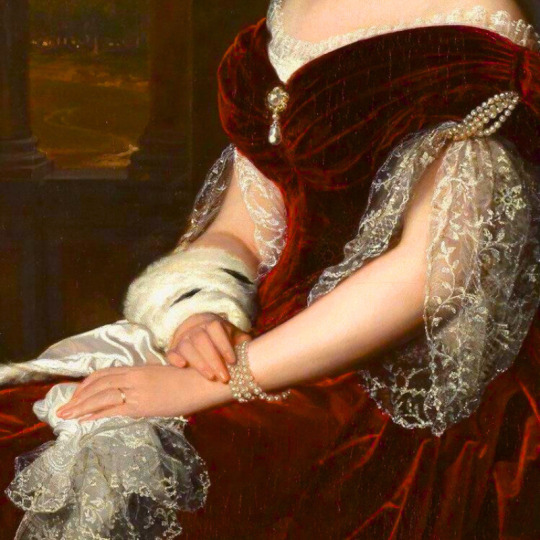

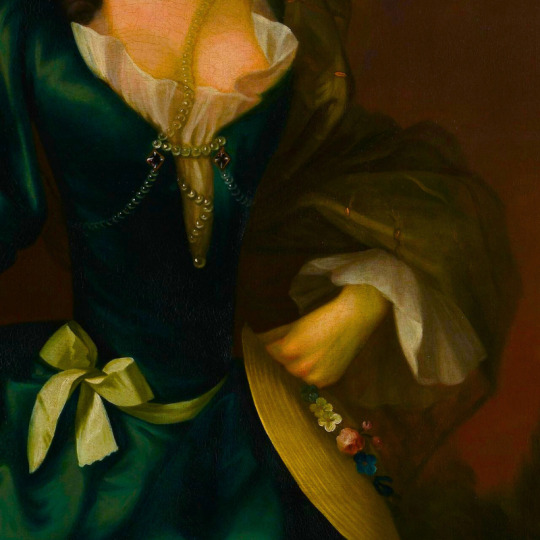


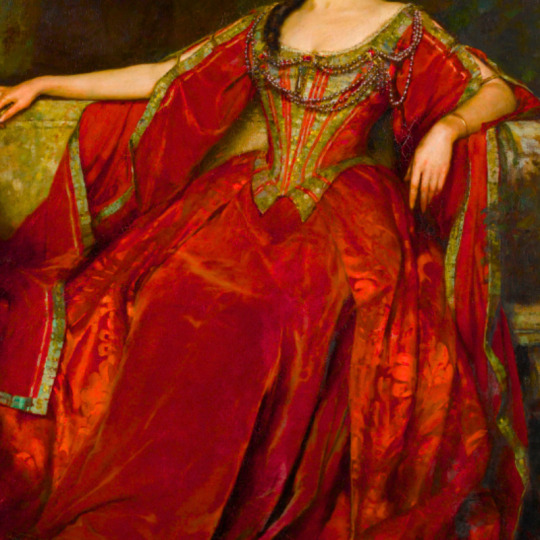

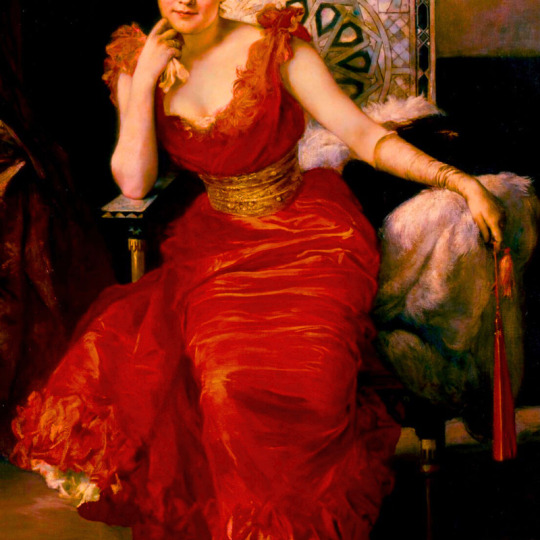


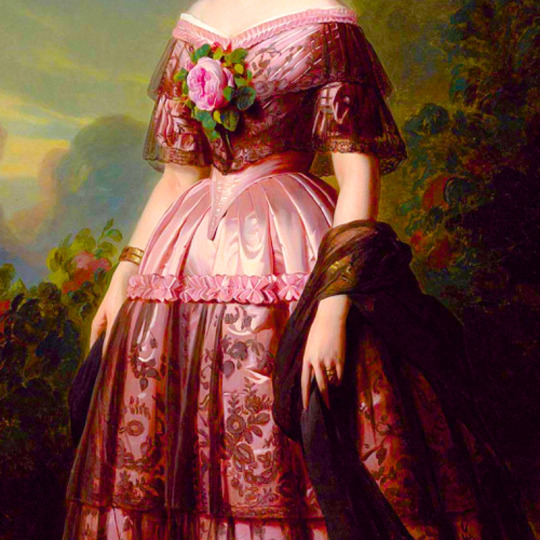

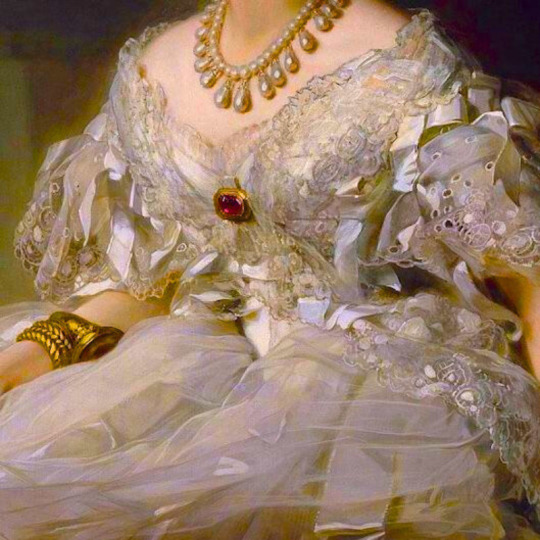



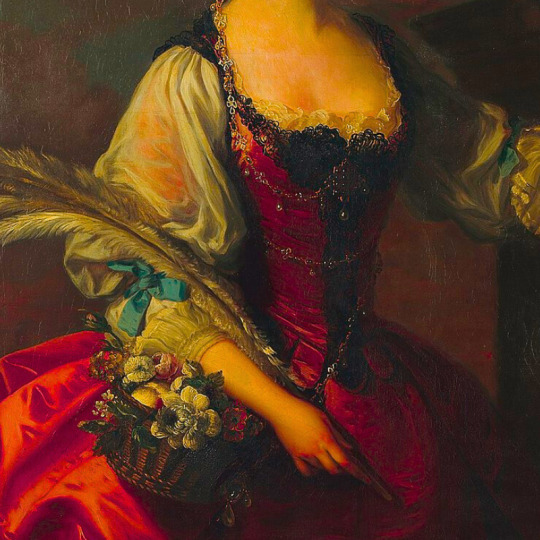

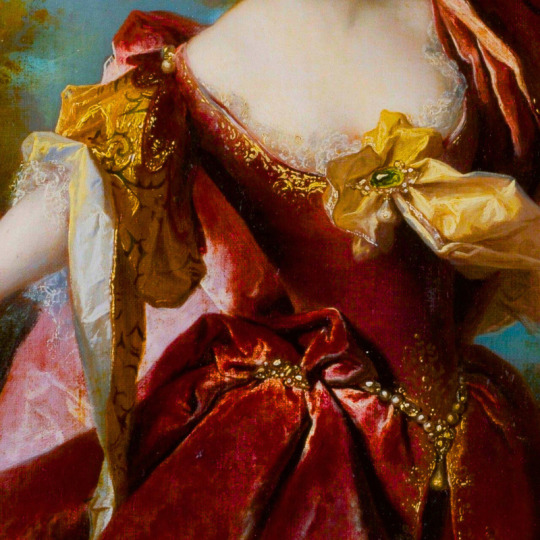



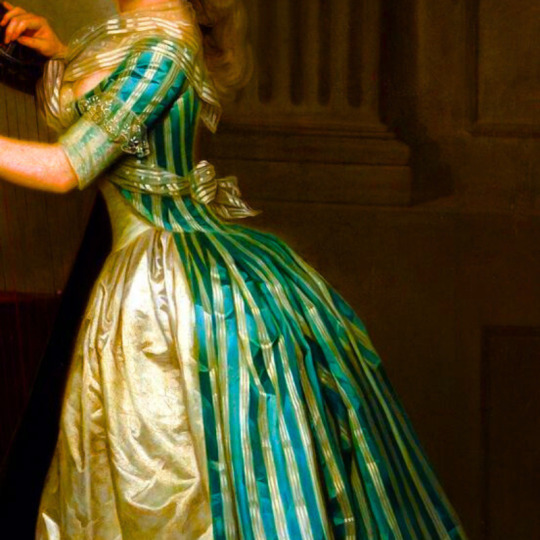
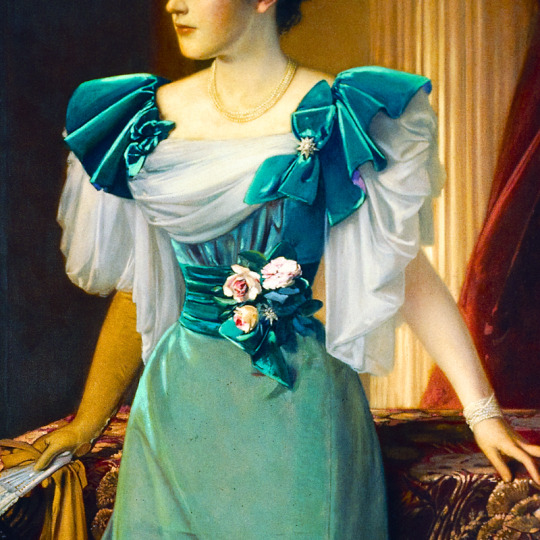


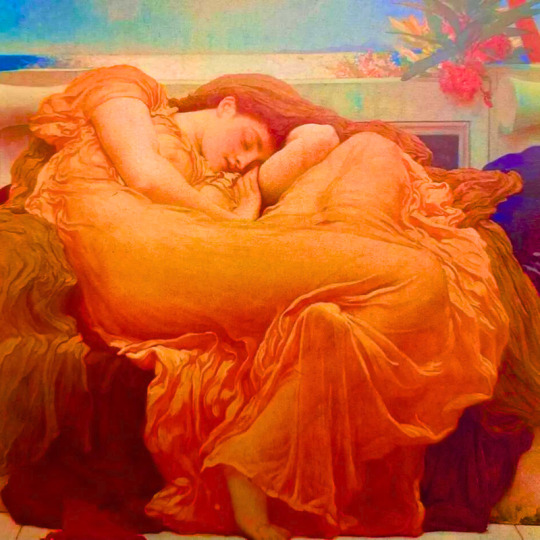
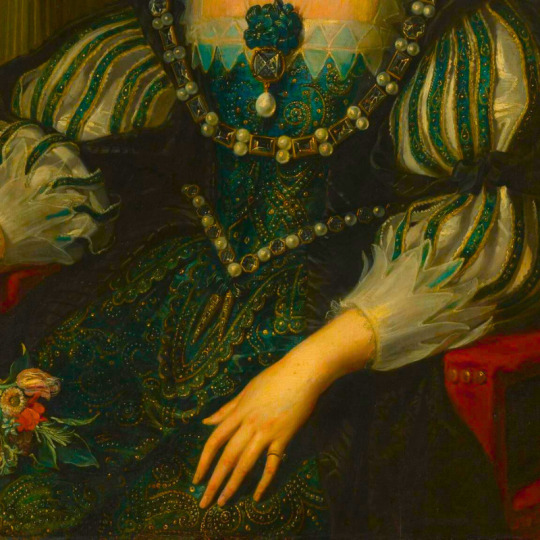


dresses + art
#portrait of sabina seupham spalding by federico de madrazo y kuntz#portrait of anne blackett by maria verelst#portrait of mary sylvester by joseph blackburn#portrait of lady and her daughter by philip alexius de laszlo#ms hugh hammersley by john singer sargent#alice crawford in the role of olivia in “twelfth night” by william logsdail#portrait of lady by jules louis machard#lady dr. m by friedrich august von kaulbach#i cannot find this artist for some reason#juene suissesse de brienz by joseph desire court#princess maria carolina augusta of bourbon by franz xaver winterhalter#portrait of josefa del aguila ceballos by federico de madrazo#princess tatiana yusupova by franz xavier winterhalter#portrait of a lady in a white gown by unknown#fairies by madeleine jeanne lemaire#portrait of a lady by hugh de twenbrokes glazebrook#phila franks by thomas hudson#portrait of marguerite de seve by nicolas de largillere#portrait of marie-anne de chateauneuf by nicolas de largillere#penelope bayfield by thomas hudson#portrait of louise-elizabeth of france with her son by adelaide labille-guiard#i cant find this artist so if someone knows please let me know#self-portrait with harp by rose-adelaide ducreux#portrait of irma geijer nee von hallwyl by julius kronberg#countess carolina maraini sommaruga by vittorio matteo corcos#portrait of millicent duchess of sutherland by john singer sargent#flaming june by sir frederick leighton#portrait of anne of austria by peter paul rubens#judith by eglon hendrick van der neer#portrait of donna franca florio by giovanni boldini
1K notes
·
View notes
Text
Book haul at HPB
First, here's a pic of everything.
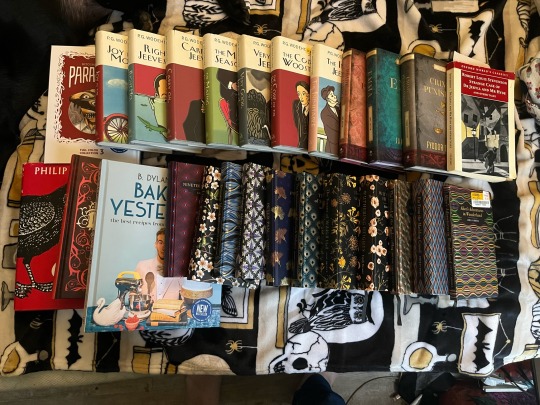
Here, you can see each of the P. G. Wodehouse titles I got. Never bought Jeeves and Wooster books before, but this should be a great read. The BBC series was hilarious, what I recall seeing when I was a kid. Always adored Hugh Laurie and Stephen Fry; in fact, I already have books written by them, too. Also got a couple Jane Austen titles and a Fyodor Dostoevsky that are part of a special edition series.

Then I got a bunch of books in this gorgeous special edition collection by Chiltern Publishing. I already had Jane Eyre and a couple other titles in this series, so I hope I don't have any extra copies of anything. I don't think so, but I'll have to unbox my books to find out for sure. I'm a bit worried that I might already have a copy of Wuthering Heights....

And then these books that are more random. I already had books 1 and 2 of Parasyte, so now I also have book 3. Then I already had Baking Yesteryear by B. Dylan Hollis, but this is a signed copy! The Philip Pullman book is a collection of his essays about the writing process. The Devil's Dictionary by Ambrose Bierce is considered by some to be one of the 100 greatest masterpieces of American literature. And then Strange Case of Dr. Jekyll and Mr. Hyde is the one book I actually went there for. 😅 Too bad they didn't have a pretty copy, but that's ok. Maybe Chiltern will release one later. 🤔
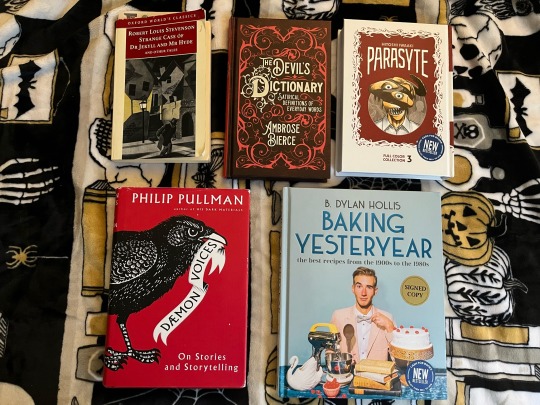
#off topic slightly#books#book porn#robert louis stevenson#oscar wilde#j m barrie#jane austen#fyodor dostoevsky#ambrose bierce#hitoshi iwaaki#philip pullman#b dylan hollis#dylan hollis#lewis carroll#arthur conan doyle#emily brontë#george orwell#thomas hardy#anne brontë#louisa may alcott#p g wodehouse#my stuff#stuff i bought#aug 27 2023#half price books#emily bronte#anne bronte
97 notes
·
View notes
Text
Vermont Governor DILFs

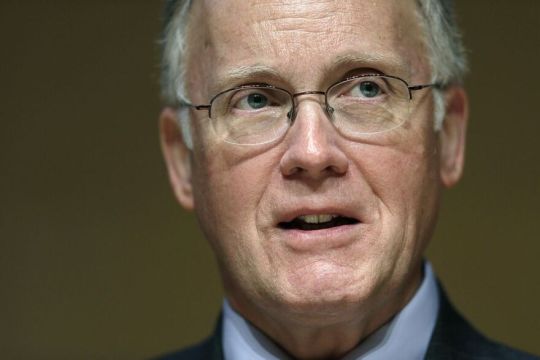

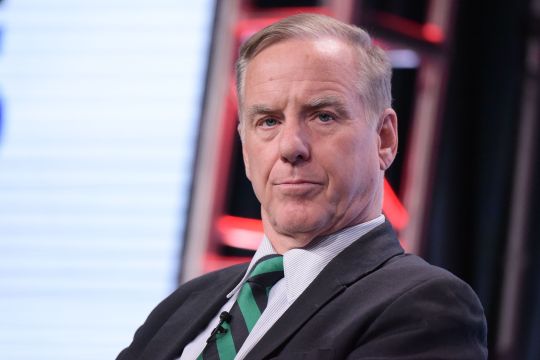
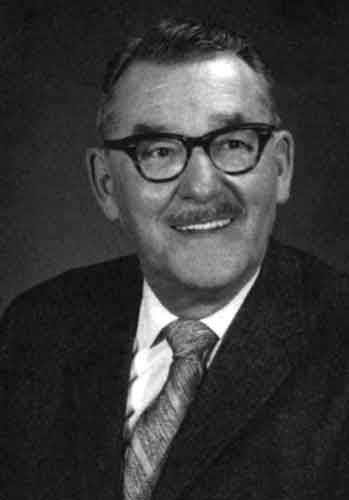
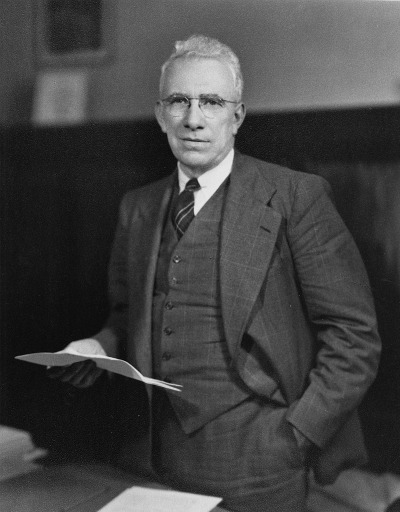
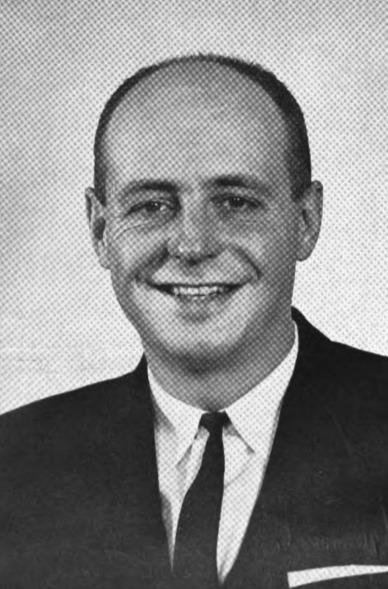

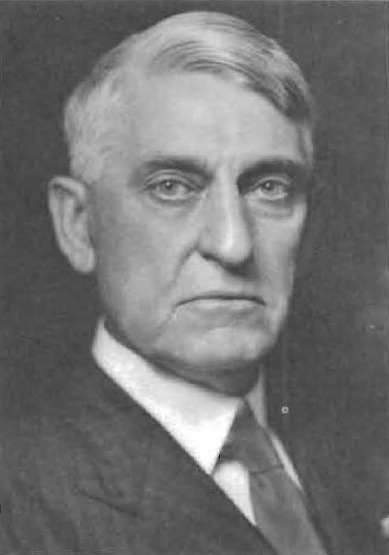
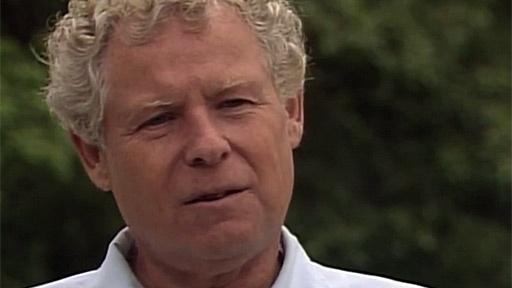
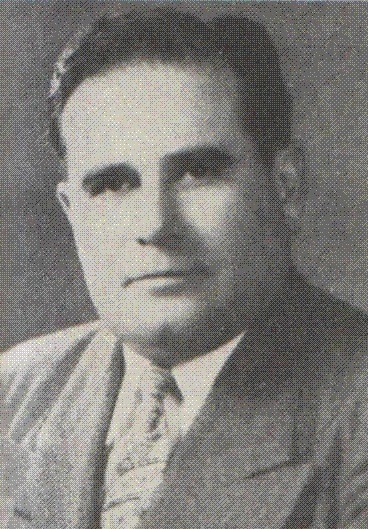

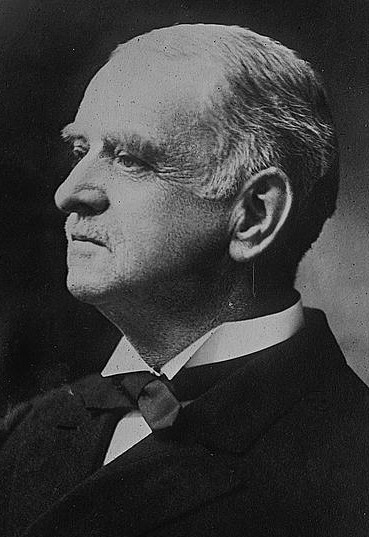
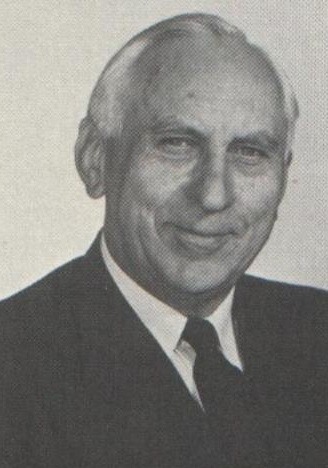
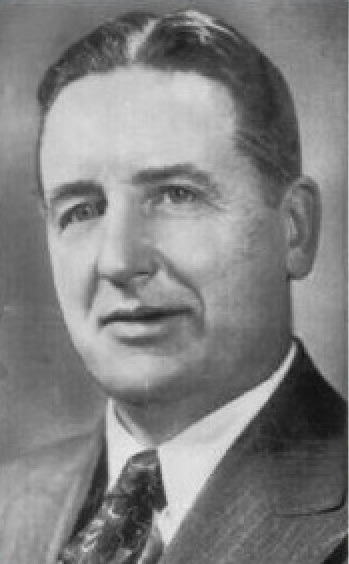

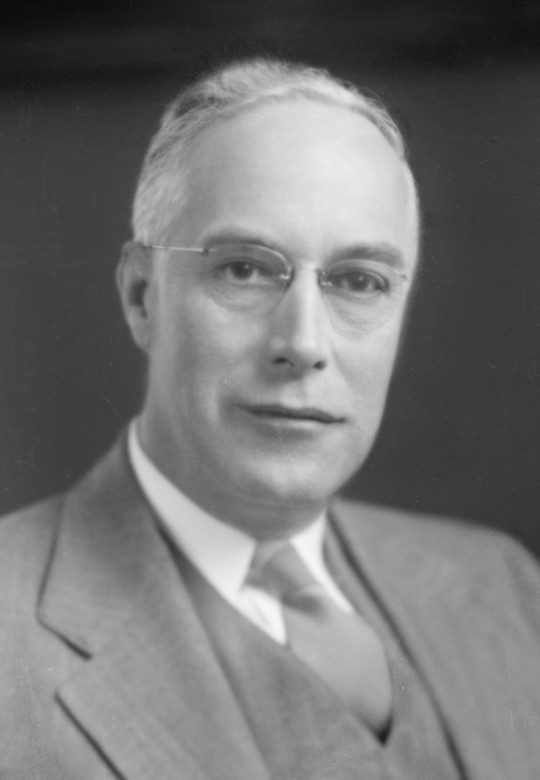


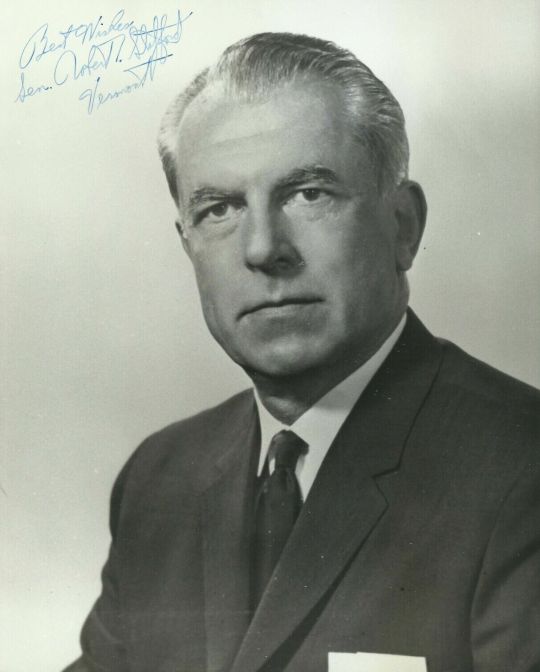
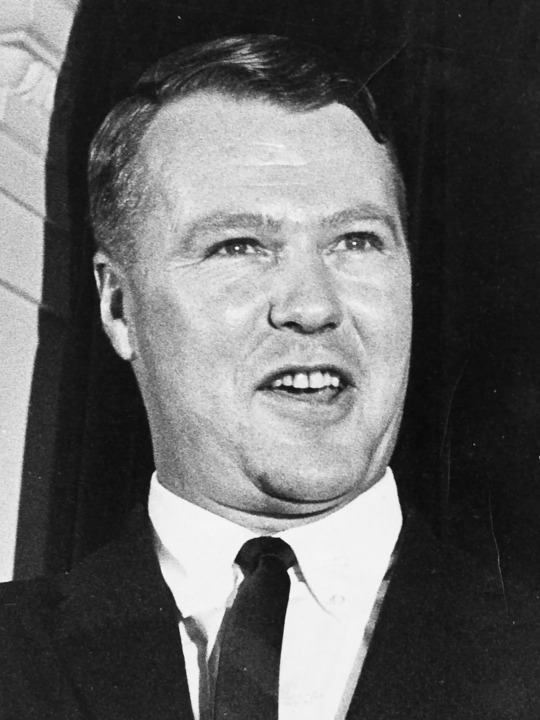

Peter Shumlin, Jim Douglas, Phil Scott, Howard Dean, Deane C. Davis, George Aiken, F. Ray Keyser Jr., Franklin S. Billings, Charles Manley Smith, Richard A. Snelling, Harold J. Arthur, Horace F. Graham, John A. Mead, Joseph B. Johnson, Lee E. Emerson, Thomas P. Salmon, William Henry Wills, Mortimer R. Proctor, Ernest W. Gibson Jr., Robert Stafford, Philip H. Hoff, Allen M. Fletcher
#Peter Shumlin#Jim Douglas#Phil Scott#Howard Dean#Deane C. Davis#George Aiken#F. Ray Keyser Jr.#Franklin S. Billings#Charles Manley Smith#Richard A. Snelling#Harold J. Arthur#Horace F. Graham#John A. Mead#Joseph B. Johnson#Lee E. Emerson#Thomas P. Salmon#William Henry Wills#Mortimer R. Proctor#Ernest W. Gibson Jr.#Robert Stafford#Philip H. Hoff#Allen M. Fletcher#GovernorDILFs
23 notes
·
View notes
Text
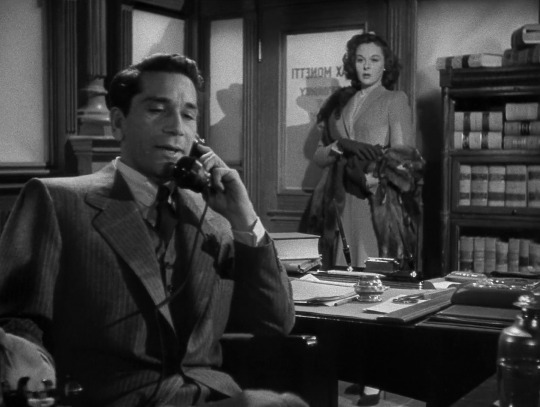

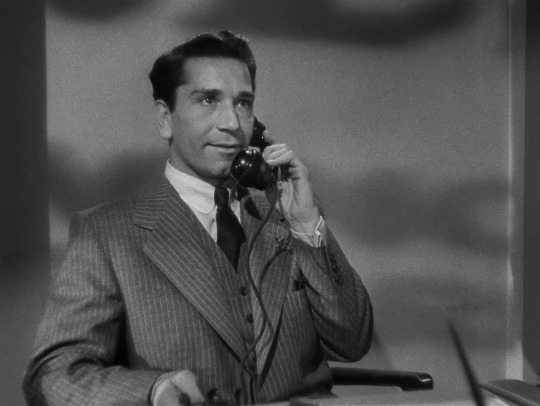



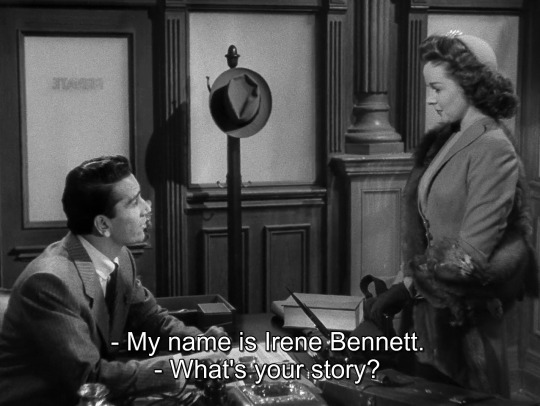


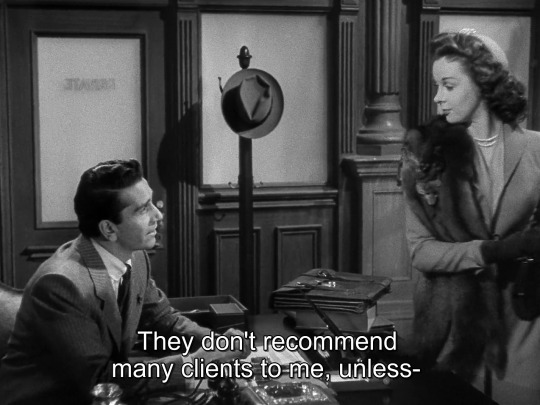
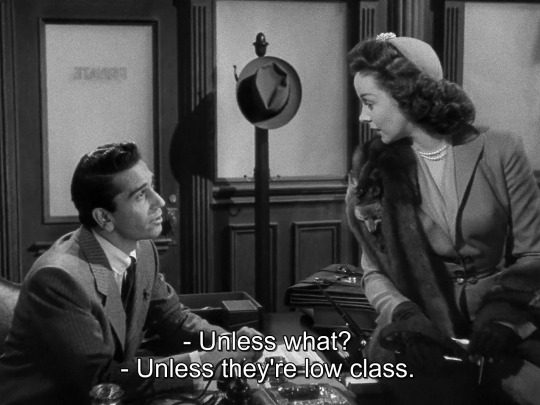
House of Strangers (1949).
#house of strangers#house of strangers (1949#joseph l. mankiewicz#richard conte#susan hayward#milton r. krasner#harmon jones#lyle wheeler#george w. davis#thomas little#walter m. scott#philip yordan#jerome weidman
11 notes
·
View notes
Text
Paperback out soon: "The Courts of Philip II and Alexander the Great. Monarchy and Power in Ancient Macedonia" by Frances Pownall, Sulochana R. Asirvatham and Sabine Müller (editors)
Good day and happy Sunday everyone, I’m Elena and thanks to be here on Alessandro III di Macedonia, the blog about Alexander the Great and Hellenism. This is a must-have release for all of us:
The Courts of Philip II and Alexander the Great. Monarchy and Power in Ancient Macedonia
by Frances Pownall, Sulochana R. Asirvatham and Sabine Müller (editors)
Publisher: De Gruyter
Out on: October 23,…

View On WordPress
#Christian Thrue Djurslev#Craig Cooper#Daniel Ogden#De Gruyter#Edward M. Anson#Elizabeth Baynham#Frances Pownall#Jeremy Trevett#Philip Bosman#Prossime uscite#Rolf Strootman#Sabine Müller#Steven E. Hijmans#Sulochana R. Asirvatham#Thomas C. Rose#Waldemar Heckel
1 note
·
View note
Video
youtube
Philip K. Dick - A Day In The Afterlife (complete)
BBC Arena Documentary about the author, Philip K. Dick, from 1994. Features Terry Gilliam, Fay Wheldon, Thomas M. Disch, Brian Aldiss, Paul Williams, Elvis Costello, and other friends and fans. Excerpts read by Greg Proops.
73 notes
·
View notes
Note
Advice/hard truths for writers?
The best piece of practical advice I know is a classic from Hemingway (qtd. here):
The most important thing I’ve learned about writing is never write too much at a time… Never pump yourself dry. Leave a little for the next day. The main thing is to know when to stop. Don’t wait till you’ve written yourself out. When you’re still going good and you come to an interesting place and you know what’s going to happen next, that’s the time to stop. Then leave it alone and don’t think about it; let your subconscious mind do the work.
Also, especially if you're young, you should read more than you write. If you're serious about writing, you'll want to write more than you read when you get old; you need, then, to lay the important books as your foundation early. I like this passage from Samuel R. Delany's "Some Advice for the Intermediate and Advanced Creative Writing Student" (collected in both Shorter Views and About Writing):
You need to read Balzac, Stendhal, Flaubert, and Zola; you need to read Austen, Thackeray, the Brontes, Dickens, George Eliot, and Hardy; you need to read Hawthorne, Melville, James, Woolf, Joyce, and Faulkner; you need to read Tolstoy, Dostoyevsky, Turgenev, Goncherov, Gogol, Bely, Khlebnikov, and Flaubert; you need to read Stephen Crane, Mark Twain, Edward Dahlberg, John Steinbeck, Jean Rhys, Glenway Wescott, John O'Hara, James Gould Cozzens, Angus Wilson, Patrick White, Alexander Trocchi, Iris Murdoch, Graham Greene, Evelyn Waugh, Anthony Powell, Vladimir Nabokov; you need to read Nella Larsen, Knut Hamsun, Edwin Demby, Saul Bellow, Lawrence Durrell, John Updike, John Barth, Philip Roth, Coleman Dowell, William Gaddis, William Gass, Marguerite Young, Thomas Pynchon, Paul West, Bertha Harris, Melvin Dixon, Daryll Pinckney, Darryl Ponicsan, and John Keene, Jr.; you need to read Thomas M. Disch, Joanna Russ, Richard Powers, Carroll Maso, Edmund White, Jayne Ann Phillips, Robert Gluck, and Julian Barnes—you need to read them and a whole lot more; you need to read them not so that you will know what they have written about, but so that you can begin to absorb some of the more ambitious models for what the novel can be.
Note: I haven't read every single writer on that list; there are even three I've literally never heard of; I can think of others I'd recommend in place of some he's cited; but still, his general point—that you need to read the major and minor classics—is correct.
The best piece of general advice I know, and not only about writing, comes from Dr. Johnson, The Rambler #63:
The traveller that resolutely follows a rough and winding path, will sooner reach the end of his journey, than he that is always changing his direction, and wastes the hours of day-light in looking for smoother ground and shorter passages.
I've known too many young writers over the years who sabotaged themselves by overthinking and therefore never finishing or sharing their projects; this stems, I assume, from a lack of self-trust or, more grandly, trust in the universe (the Muses, God, etc.). But what professors always tell Ph.D. students about dissertations is also true of novels, stories, poems, plays, comic books, screenplays, etc: There are only two kinds of dissertations—finished and unfinished. Relatedly, this is the age of online—an age when 20th-century institutions are collapsing, and 21st-century ones have not yet been invented. Unless you have serious connections in New York or Iowa, publish your work yourself and don't bother with the gatekeepers.
Other than the above, I find most writing advice useless because over-generalized or else stemming from arbitrary culture-specific or field-specific biases, e.g., Orwell's extremely English and extremely journalistic strictures, not necessarily germane to the non-English or non-journalistic writer. "Don't use adverbs," they always say. Why the hell shouldn't I? It's absurd. "Show, don't tell," they insist. Fine for the aforementioned Orwell and Hemingway, but irrelevant to Edith Wharton and Thomas Mann. Freytag's Pyramid? Spare me. Every new book is a leap in the dark. Your project may be singular; you may need to make your own map as your traverse the unexplored territory.
Hard truths? There's one. I know it's a hard truth because I hesitate even to type it. It will insult our faith in egalitarianism and the rewards of earnest labor. And yet, I suspect the hard truth is this: ineffables like inspiration and genius count for a lot. If they didn't, if application were all it took, then everybody would write works of genius all day long. But even the greatest geniuses usually only got the gift of one or two all-time great work. This doesn't have to be a counsel of despair, though: you can always try to place yourself wherever you think lightning is likeliest to strike. That's what I do, anyway. Good luck!
311 notes
·
View notes
Text
Band of Brothers Ages: IRL vs. Actors
Did you know that according to a 1947 study, almost half the men who served in WWII were still under age 26 by the end of the war?
What this is : A (very long) post comparing the ages of the actors in Band of Brothers vs. the IRL figures they are portraying.
Background: Did I need to do this? No. Did anyone ask for this? Also no. Did I do it anyway? Yes.
Disclaimers: This is SUPER approximate for the most part. I based IRL ages off of D-Day unless otherwise noted, and actor ages off of January 1, 2000, the year filming took place (the latter is where the most variation will be because I didn't try to figure out what month filming started). I also didn't fact-check birthdays beyond googling. Most are sourced from the Band of Brothers and Military Wikis on fandom.com, Wikipedia, and IMDb.
I broke them up into rough categories, which are, again, approximate. I know I often forget how young the real life people were here, and this was a good reminder of that. I also found it interesting to see which actors were actually younger than their roles!
Check it all out under the cut ⬇️
~10+ years older
Dale Dye (55) as Col. Robert F. Sink (39) (~16 years)
Michael Cudlitz (35) as Denver "Bull" Randleman (23) (~12)
Marc Warren (32) as Albert Blithe (20) (~12)
Rocky Marshall (33) as Earl J. McClung (21) (~12)
Frank John Hughes (32) as William J. Guarnere (21) (~11)
Neal McDonough (33) as Lynn D. (Buck) Compton (22) (~11)
Dexter Fletcher (33) as John W. Martin (22) (~11)
~5+ years older
Simon Schatzberger (32) as Joseph A. Lesniewski (23) (~9)
Richard Speight Jr. (30) Warren H. (Skip) Muck (22) (~8)
Jason O'Mara (30) as Thomas Meehan (22) (~8)
Ron Livingston (32) as Lewis Nixon (25) (~7)
Donnie Wahlberg (30) as C. Carwood Lipton (24) (~6)
Matthew Settle (30) as Ronald C. Speirs (24) (~6)
Nolan Hemmings (28) as Charles E. "Chuck" Grant (22) (~6)
Douglas Spain (25) as Antonio C. Garcia (19) (~6)
George Calil (26) as James H. "Mo" Alley Jr. (21) (~5)
Rick Gomez (27) as George Luz (22) (~5 year)
Scott Grimes (28) as Donald G. Malarkey (23) (~5)
Stephen Graham (26) as Myron "Mike" Ranney (21) (~5)
~less than 5 years older
Shane Taylor (25) as Eugene G. Roe (21) (~4)
Tim Matthews (23) as Alex M. Penkala Jr. (19) (~4)
Matthew Leitch (24) as Floyd M. "Tab" Talbert (20) (~4)
Peter O'Meara (30) as Norman S. Dike Jr. (26) (~4)
Tom Hardy (22) as John A. Janovec (18) (~4)
Rick Warden (28) as Harry F. Welsh (25) (~3)
Kirk Acevedo (28) as Joseph D. Toye (25) (~3)
Eion Bailey (25) as David Kenyon Webster (22) (~3)
Craig Heaney (26) as Roy W. Cobb (29) (~3)
Damian Lewis (28) as Richard D. Winters (26) (~2)
Robin Laing as Edward J. "Babe" Heffron (~2, 21/23)
Ben Caplan (26) as Walter S. "Smokey" Gordon Jr. (24) (~2)
David Schwimmer (32) as Herbert M. Sobel (33) (~1 year)
Michael Fassbender (22) as Burton P. "Pat" Christenson (21) (~1)
Colin Hanks (22) as Lt. Henry Jones (21) (~1) (age around Bastogne)
Bart Ruspoli (23) as Edward J. Tipper (22) (~1)
~Same age
Peter Youngblood Hills as Darrell C. "Shifty" Powers (21)
Mark Huberman as Lester "Les" Hashey (19)
Younger
Lucie Jeanne (23) as Renée Lemaire (30) (age around Bastogne) (~7)
Ross McCall (23) as Joseph D. Liebgott (29) (~6)
Simon Pegg (29) as William S. Evans (~33) (~4)
Philip Barantini (19) as Wayne A. "Skinny" Sisk (22) (~3)
James Madio (24) as Frank J. Perconte (27) (~3)
Stephen McCole (25) as Frederick "Moose" Heyliger (27) (~2)
Matt Hickey (~16) as Patrick S. O'Keefe (18) (~2)
Incomplete/not found
Phil McKee as Maj. Robert L. Strayer (34)
Rene L. Moreno as Joseph Ramirez (30)
Doug Allen as Alton M. More (24)
David Nicolle as Lt. Thomas A. Peacock (24)
Rebecca Okot as Anna (Augusta Chiwy) (24) (age around Bastogne)
Alex Sabga-Brady as Francis J. Mellet (23)
Mark Lawrence as William H. Dukeman Jr. (22)
Nicholas Aaron as Robert E. (Popeye) Wynn (22)
Peter McCabe as Donald B. Hoobler (21)
Marcos D'Cruze as Joseph P. Domingus (not found)
#ty mercurygray for that sweet sweet jstor access#band of brothers#uhh one more disclaimer it's entirely possible that i mistyped stuff here and that i switched ages/etc.#i did try to proofread though!#anyway. i apologize if anyone has already done this.#shoshi.txt#sort of#it's also very possible that i spent too much time online today
78 notes
·
View notes
Text
connection between wartime administration & federalist-lean?
There's an argument that wartime service and experiencing Congress' failures firsthand as Washington's aide de camp pushed Hamilton further into the ideals that would later be seen as Federalist: a national instead of state outlook, a permanent military power, and a strong, efficient government.
I was wondering if that argument can be applied on a broader scale: is there an overall connection between revolutionary wartime administration and federalist-leaning political beliefs?
I'm by no means qualified but for my own curiosity's sake, I tried to find the political inclinations of former leaders in the war as well as members of Washington's family, who arguably should have seen the same inefficiencies as Hamilton.
Major Generals:
Washington: Tried very hard to be nonpartisan, but pretty federalist when all's said and done. Especially in 2nd term as president and in last years of life
Horatio Gates: Supported Jefferson's presidency, so assuming he was leaning Democratic-Republican?
Henry Knox: Federalist
Philip Schuyler: Federalist
William Alexander, Lord Stirling: Not sure
John Sullivan: Federalist, led drive in New Hampshire for Constitution's ratification
Thomas Mifflin: Federalist according to Wikipedia (was also aide to GW from June to August 1775)
Arthur St. Clair: Federalist. Governor of Northwest Territory, removed by Jefferson in 1802 due to political party differences.
Benjamin Lincoln: Federalist, strong policies and presence in Massachusetts
Thomas Conway: Unreliable source says Federalist
William Moultrie: Some sites say Federalist but he had falling out with Washington because of his pro-French actions towards Genet. Possibly nonpartisan.
Washington's family (Aides, Culper, Life Guard. If they died before we can quantify as "Federalist", then not included):
Note: I tried to include length of service and timeline, arguably important (there during Valley Forge or good period?), but it's difficult in consideration of leave and such. Used Wikipedia's dates.
Edmund Randolph (August - November 75):
Wiki says Federalist but I know enough about him that he was often the swinging vote in Washington's cabinet, and that he didn't sign the Constitution because he thought it too strong.
Tench Tilghman (August 76 - June 80 | June 80 - Nov 83):
Died in 1786. I shouldn't include him but raise a glass for our hardworking Tilghman.
Robert Harrison (Nov 75 - May 76 | Military Sec May 76 - 81):
Died in 1790. Wikipedia says Federalist.
John Fitzgerald (Nov 76 - July 78):
Couldn't find
John Walker (Feb - March 77):
Unreliable source says Federalist
Samuel Blachley Webb (June 76 - Jan 77):
Couldn't find
William Grayson (Assistant Sec. July - August 76 | Aide August 76 - Jan 77):
Leader of Anti-Federalist faction with Mason, Monroe, etc. died in 1790
Alexander Contee Hanson Sr. (Assistant Sec. June - Sep 76): Federalist according to Wiki
Alexander Hamilton (March 77 - April 81):
Is this even a question?
Stephen Moylan (March 76 - June 76 | Sept. 76 - Jan 77):
"Firm Federalist" according to Founders Online
James McHenry (May 78 - August 80):
Federalist, GW's Secretary of War in 2nd term when cabinet members were much more partisan.
Richard Kidder Meade (March 77 - November 80):
Couldn't find. I know that he was very close with Hamilton, which makes me think it possible that their politics had some similarities? But entirely speculation.
Hodijah Baylies (May 82 - Dec 83):
Federalist. According to Founders Online, Gallatin was advised against Baylies because he was a "decided and we believe a sentimental federalist”.
David Cobb (June 81 - Jan 83 | June 83 - Dec 83):
Wiki says Federalist
Peregrine Fitzhugh (July 81 - Oct 81):
Not sure if same Peregrine Fitzhugh, but in a letter to Jefferson in 1807, said: "It is true I have been called a Federalist, and feel a pride in being so: but my Federalism is firmed in those principles which dictated the correct and memorable declaration that we were all Federalists all republicans"
William Stephens Smith (July 81 - June 82):
Federalist (member of Congress as Federalist in 1812)
David Humphreys (June 80 - Dec 83):
Federalist. He was part of the Hartford Wits and wrote the poem The Anarchiad. "In 1802, Thomas Jefferson...decided to replace Humphreys...Historians speculate that Humphreys's closeness to the Federalist Party motivated Jefferson’s decisions." from Mt. Vernon
Richard Varick (Aide & Priv Sec May 81 - Dec 83):
Apparently Federalist and later mayor of New York
Benjamin Walker (Jan 82 - Dec 83):
Federalist, elected to Congress as Federalist
Caleb Gibbs (May 76 - Dec 80):
Couldn't find
Nathaniel Sackett:
Couldn't find
Benjamin Tallmadge (1778 - 1783):
Federalist, part of minority in Congress during Jefferson & Madison administrations
Other aides who might've had administrative work, although I'm not sure:
Aaron Burr: Very short run with Washington, and Israel Putnam's aide. Technically Democratic-Republican, but some historians have noted his politics did not always align with a party.
James Monroe: Aide to Stirling, Republican-Democratic
Concerns:
First concern: I'm not sure if the other major generals' aides would see as much administrative work directly with Congress as Washington's aides. I'm under the impression that other generals would report to Washington, than Congress, but I'm not sure.
Second concern: I also want to add that other factors would have most definitely played a role, such as familial and economic interests, which may or may not have been influenced by the war. Still, I thought it would be an interesting exercise.
Third concern: A lot of this is very shallow research as I did not have the time or energy to really dig into all of them. Please let me know if there is any inaccurate information (even Federalist or Democratic Republican is a very broad term and I'm sure their beliefs varied).
Please let me know if you see any inaccurate information, or anyone/some branch I did not consider!
#alexander hamilton#george washington#aaron burr#the aides de camp#amrev#amrev fandom#revolutionary war
31 notes
·
View notes
Text
Name the hardest line in all of fanfiction.
It‘s not a line. It‘s a whole section. But I don‘t care.
Philip smiled and carefully lifted his hand to his eye. He winced as soon as his finger touched the sensitive skin around it. “As long as you don’t shoot me this will never be over, Thomas.” He said. “And I know you are not man enough to really hurt me. Perhaps you still feel something for me, and that’s why you cannot do it.”
“I don’t have to kill you, to forget you, Philip.” Thomas replied without any emotion. “I don’t care about you enough to shoot you.”
“Then I suppose we will see each other again someday. This is not the end Thomas. I will not give you up.” Philip said with a smirk and turned around to open the car door.
Thomas took a deep breath and lowered the weapon in his hand. He wouldn’t shoot. This wasn’t him. Philip had made him do many things in his life but this was still his own decision. “I never want to see you again.” Thomas said bitterly and stared at Philip’s retreating back.
Philip looked over his shoulder and smirked. “But I want to see you again, Thomas. And you will not keep me from taking what is rightfully mine. You might be too virtuous to kill m-“
A shot that didn’t come from the weapon in Thomas’ hand made him flinch. Thomas stared at Philip, who stared back at him, still with this terrible smile on his face. Only now there was a neat little hole in the middle of his forehead. The Duke’s body remained standing for a small fraction of a second before gravity took its course, and he slumped to the ground like a puppet with cut strings.
Thomas whirled around and couldn’t believe his eyes.
“He is. But I am not.” Richard whispered with the last ounce of strength he seemed to have left before John’s revolver fell from his shaking, bloody fingers.
Fanfiction: 'And suddenly there was a new door' from member of the fates.
#thomas barrow#downton abbey#richard ellis#thomas barrow x richard ellis#barris#the duke of Crowborough
25 notes
·
View notes
Text
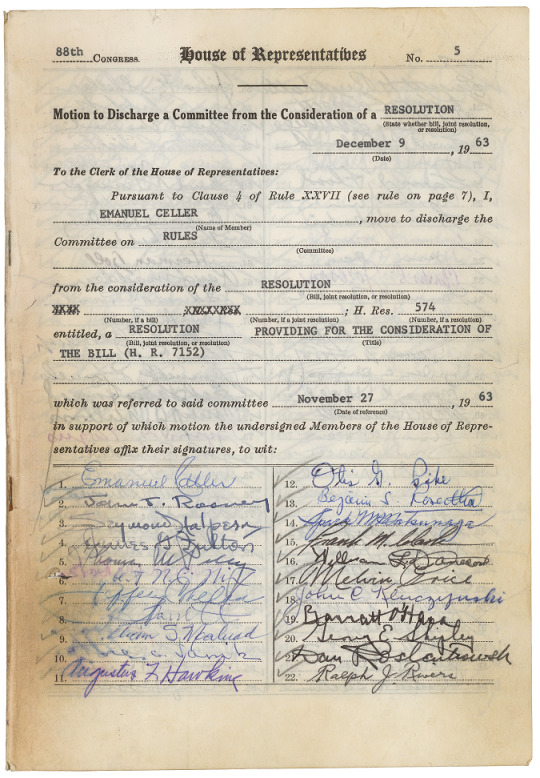
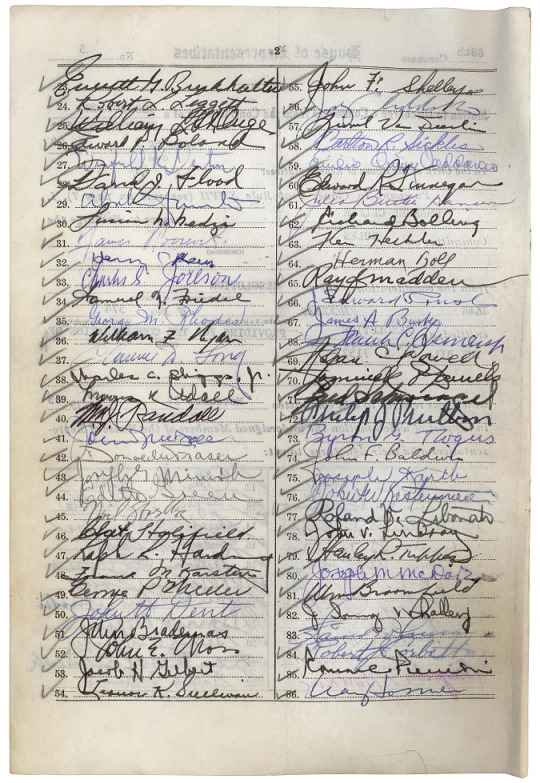
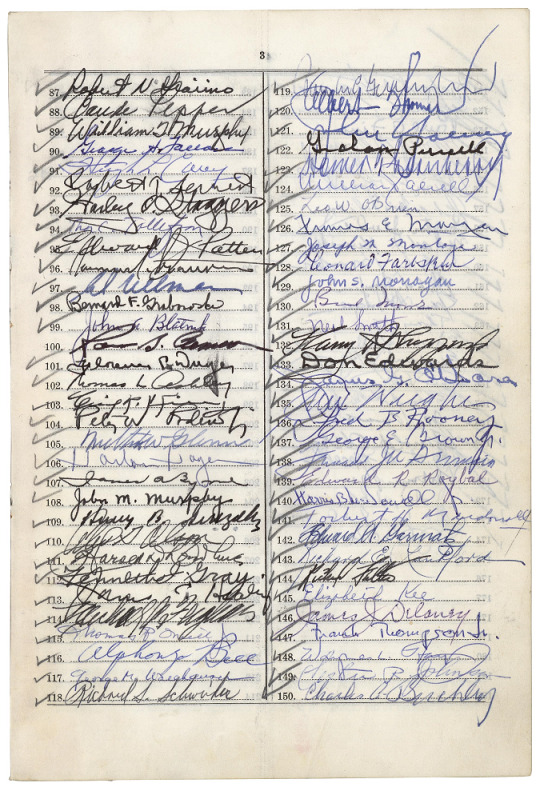

Discharge Petition for H.R. 7152, the Civil Rights Act of 1964
Record Group 233: Records of the U.S. House of RepresentativesSeries: General Records
This item, H.R. 7152, the Civil Rights Act of 1964, faced strong opposition in the House Rules Committee. Howard Smith, Chairman of the committee, refused to schedule hearings for the bill. Emanuel Celler, Chairman of the Judiciary Committee, attempted to use this discharge petition to move the bill out of committee without holding hearings. The petition failed to gain the required majority of Congress (218 signatures), but forced Chairman Smith to schedule hearings.
88th CONGRESS. House of Representatives No. 5 Motion to Discharge a Committee from the Consideration of a RESOLUTION (State whether bill, joint resolution, or resolution) December 9, 1963 To the Clerk of the House of Representatives: Pursuant to Clause 4 of Rule XXVII (see rule on page 7), I EMANUEL CELLER (Name of Member), move to discharge to the Commitee on RULES (Committee) from the consideration of the RESOLUTION; H. Res. 574 entitled, a RESOLUTION PROVIDING FOR THE CONSIDERATION OF THE BILL (H. R. 7152) which was referred to said committee November 27, 1963 in support of which motion the undersigned Members of the House of Representatives affix their signatures, to wit: 1. Emanuel Celler 2. John J. Rooney 3. Seymour Halpern 4. James G Fulton 5. Thomas W Pelly 6. Robt N. C. Nix 7. Jeffery Cohelan 8. W A Barrett 9. William S. Mailiard 10. 11. Augustus F. Hawkins 12. Otis G. Pike 13. Benjamin S Rosenthal 14. Spark M Matsunaga 15. Frank M. Clark 16. William L Dawson 17. Melvin Price 18. John C. Kluczynski 19. Barratt O'Hara 20. George E. Shipley 21. Dan Rostenkowski 22. Ralph J. Rivers[page] 2 23. Everett G. Burkhalter 24. Robert L. Leggett 25. William L St Onge 26. Edward P. Boland 27. Winfield K. Denton 28. David J. Flood 29. 30. Lucian N. Nedzi 31. James Roosevelt 32. Henry C Reuss 33. Charles S. Joelson 34. Samuel N. Friedel 35. George M. Rhodes 36. William F. Ryan 37. Clarence D. Long 38. Charles C. Diggs Jr 39. Morris K. Udall 40. Wm J. Randall 41. 42. Donald M. Fraser 43. Joseph G. Minish 44. Edith Green 45. Neil Staebler 46. 47. Ralph R. Harding 48. Frank M. Karsten 49. 50. John H. Dent 51. John Brademas 52. John E. Moss 53. Jacob H. Gilbert 54. Leonor K. Sullivan 55. John F. Shelley 56. 57. Lionel Van Deerlin 58. Carlton R. Sickles 59. 60. Edward R. Finnegan 61. Julia Butler Hansen 62. Richard Bolling 63. Ken Heckler 64. Herman Toll 65. Ray J Madden 66. J Edward Roush 67. James A. Burke 68. Frank C. Osmers Jr 69. Adam Powell 70. 71. Fred Schwengel 72. Philip J. Philiben 73. Byron G. Rogers 74. John F. Baldwin 75. Joseph Karth 76. 77. Roland V. Libonati 78. John V. Lindsay 79. Stanley R. Tupper 80. Joseph M. McDade 81. Wm Broomfield 82. 83. 84. Robert J Corbett 85. 86. Craig Hosmer87. Robert N. Giaimo 88. Claude Pepper 89. William T Murphy 90. George H. Fallon 91. Hugh L. Carey 92. Robert T. Secrest 93. Harley O. Staggers 94. Thor C. Tollefson 95. Edward J. Patten 96. 97. Al Ullman 98. Bernard F. Grabowski 99. John A. Blatnik 100. 101. Florence P. Dwyer 102. Thomas L. ? 103. 104. Peter W. Rodino 105. Milton W. Glenn 106. Harlan Hagen 107. James A. Byrne 108. John M. Murphy 109. Henry B. Gonzalez 110. Arnold Olson 111. Harold D Donahue 112. Kenneth J. Gray 113. James C. Healey 114. Michael A Feighan 115. Thomas R. O'Neill 116. Alphonzo Bell 117. George M. Wallhauser 118. Richard S. Schweiker 119. 120. Albert Thomas 121. 122. Graham Purcell 123. Homer Thornberry 124. 125. Leo W. O'Brien 126. Thomas E. Morgan 127. Joseph M. Montoya 128. Leonard Farbstein 129. John S. Monagan 130. Brad Morse 131. Neil Smith 132. Harry R. Sheppard 133. Don Edwards 134. James G. O'Hara 135. 136. Fred B. Rooney 137. George E. Brown Jr. 138. 139. Edward R. Roybal 140. Harris. B McDowell jr. 141. Torbert H. McDonall 142. Edward A. Garmatz 143. Richard E. Lankford 144. Richard Fulton 145. Elizabeth Kee 146. James J. Delaney 147. Frank Thompson Jr 148. 149. Lester R. Johnson 150. Charles A. Buckley4 151. Richard T. Hanna 152. James Corman 153. Paul A Fino 154. Harold M. Ryan 155. Martha W. Griffiths 156. Adam E. Konski 157. Chas W. Wilson 158. Michael J. Kewan 160. Alex Brooks 161. Clark W. Thompson 162. John D. Gringell [?] 163. Thomas P. Gill 164. Edna F. Kelly 165. Eugene J. Keogh 166 John. B. Duncan 167. Elmer J. Dolland 168. Joe Caul 169. Arnold Olsen 170. Monte B. Fascell [?] 171. [not deciphered] 172. J. Dulek 173. Joe W. [undeciphered] 174. J. J. Pickle [Numbers 175 through 214 are blank]
32 notes
·
View notes
Photo
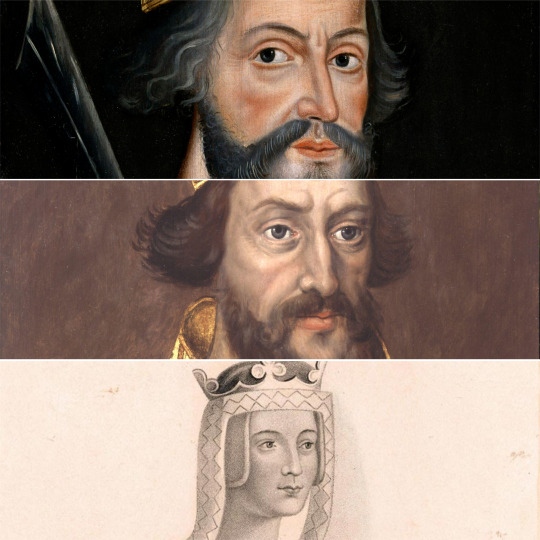
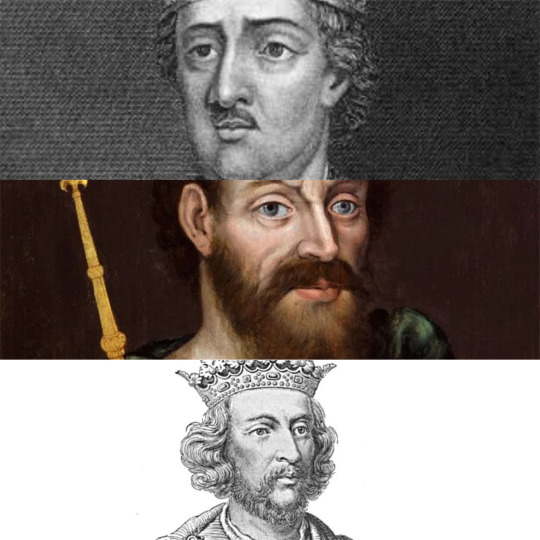

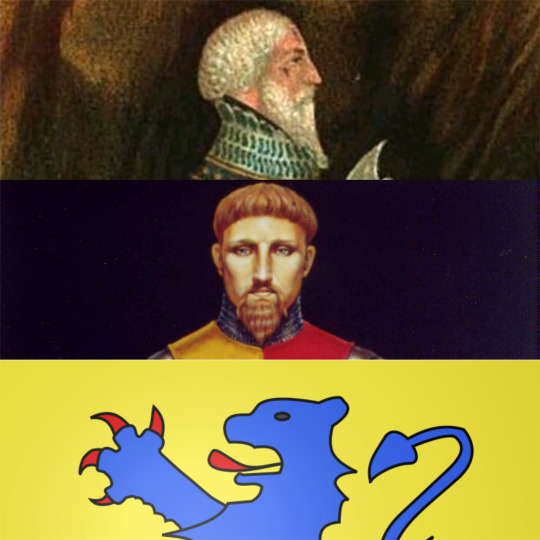


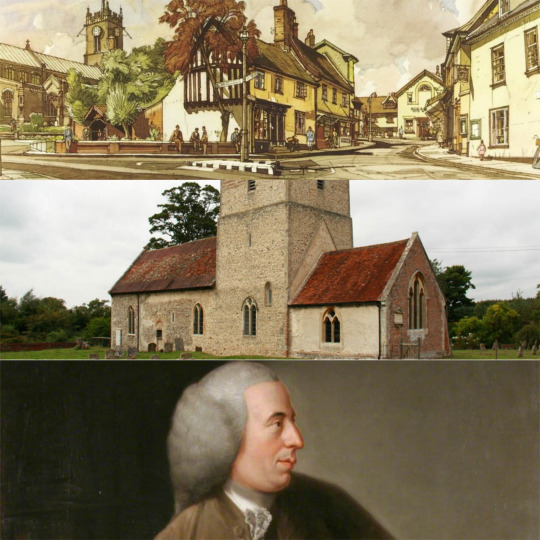
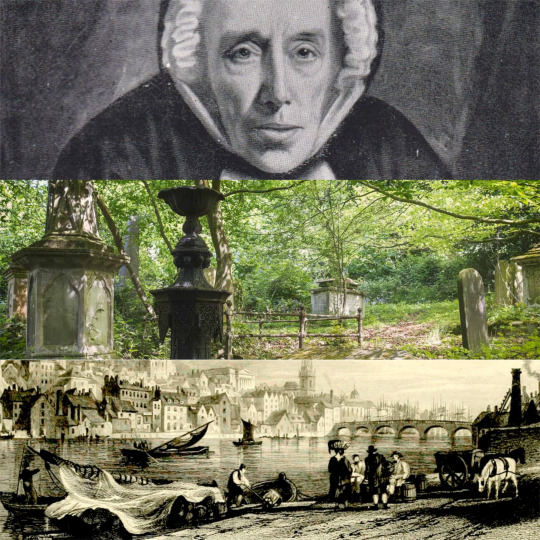
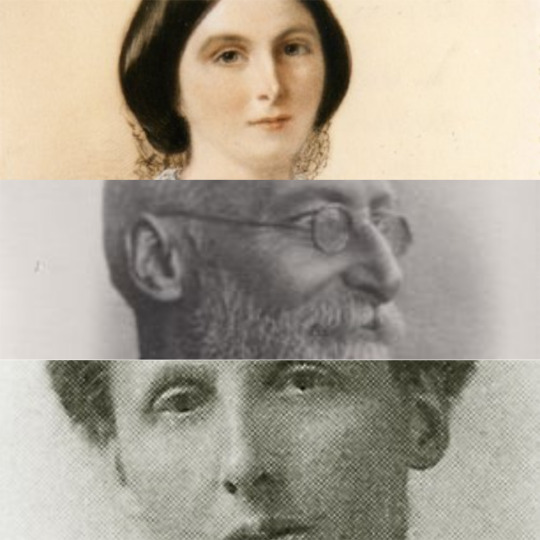

William, The Conqueror to Catherine, The Princess of Wales
⤜ The Princess of Wales is William I's 27th Great-Granddaughter via her paternal grandfather’s line.
William the Conqueror (m. Matilda of Flanders)
Henry I, King of England (m. Matilda of Scotland)
Empress Matilda (m. Geoffrey V, Count of Anjou)
Henry II, King of England (m. Eleanor of Aquitaine)
John I, King of England (m. Isabella of Angoulême)
Henry III, King of England (m. Eleanor of Provence)
Edmund, Earl of Lancaster (m. Blanche of Artois)
Henry, 3rd Earl of Leicester and Lancaster (m. Matilda de Chaworth)
Mary of Lancaster, Baroness Percy (m. Henry de Percy, 3rd Lord Percy) - Coat of Arms
Sir Henry Percy, 1st Earl of Northumberland (m. Margaret de Neville)
Sir Henry ‘Hotspur’ Percy (m. Elizabeth Mortimer)
Sir Henry Percy, 2nd Earl of Northumberland (m. Lady Eleanor Neville) - Coat of Arms
Sir Henry Percy, 3rd Earl of Northumberland (m. Eleanor, Baroness Poynings) - Coat of Arms
Lady Margaret Percy (m. Sir William Gascoigne)
Agnes Gascoigne (m. Sir Thomas Fairfax) - Gawthorpe Hall, family seat.
William Fairfax (m. Anne Baker) - Gilling Castle, family seat.
John Fairfax (m. Mary Birch) Master of the Great Hospital at Norwich, Norfolk
Rev. Benjamin Fairfax (m. Sarah Galliard), Preacher at Rumburgh, Suffolk.
Benjamin Fairfax (m. Bridget Stringer) died in Halesworth, Suffolk.
Sarah Fairfax (m. Rev. John Meadows) died in Ousedon, Suffolk.
Philip Meadows (m. Margaret Hall)
Sarah Meadows (m. Dr. David Martineau)
Thomas Martineau (m. Elizabeth Rankin) buried at Rosary Cemetery, Norwich.
Elizabeth Martineau (m. Dr. Thomas Michael Greenhow) died in Newcastle upon Tyne, Northumberland.
Frances Elizabeth Greenhow (m. Francis Lupton)
Francis Martineau Lupton (m. Harriet Albina Davis)
Olive Christina Lupton (m. Richard Noel Middleton)
Peter Francis Middleton (m. Valerie Glassborow)
Michael Francis Middleton (m. Carole Elizabeth Goldsmith)
The Princess of Wales m. The Prince of Wales
#this took wayyy to long#princess of wales#william the conqueror#history#ancestry#pictures#people#brf#british royal family#empress matilda#henry ii#henry i#john i#king of england#henry iii#hotspur#KTD
83 notes
·
View notes
Note
Drop the Miku Binder TJ rant bestie
okay so like
i was just thinking about it, and, like, i think it's fucking nuts but also really weird how the hamilton fandom (which i'm in but i swear i'm not an uwu lams turtles shipper please) somehow took this CRUSTY, TERF-BANGED, UGLY, OLD, REDHEADED, RAPIST ASS MOTHERFUCKER,
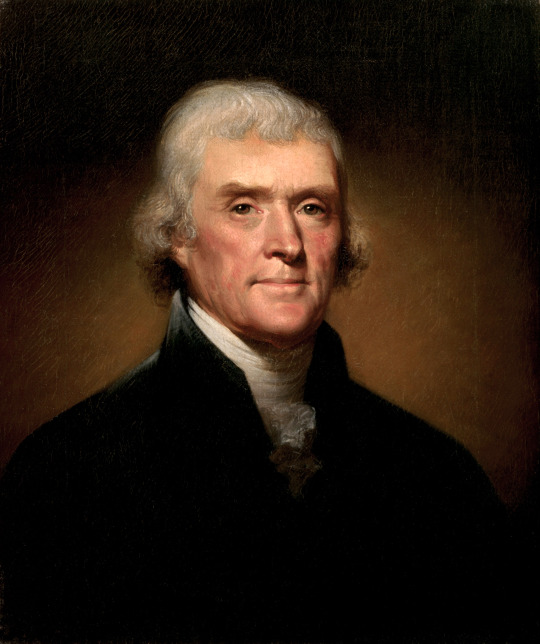
and turned his ugly ass into this.
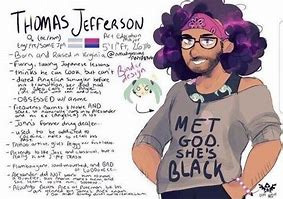
like damn what the hell- what- how???? okay like yeah, they're using daveed diggs as a base for this bullshit, which, okay, fine, but YOU DID NOT NEED TO ADD THE INFO. The idea itself is funny but also a bit weird, however im 99% sure Diggs himself wore that shirt. However, all of the extra info??? come on. Where'd the fandom get this istg y'all-
Also, also, they did something similar by making John Laurens (gay blonde dumbass) into an UWU turtles boy. ....why. Bi trash coffee gremlin tumblr over-worked sleep-deprived alexander hamilton. like yeah relatable but. why. small bean big sweater uwu innocent boy blushy short james madison. ...why. bro was stubborn and would pick a fight and was the 'fuck you' type of shy.
I just find it wild the fandom made this and it is the entirety of the fandom into one. There's the good sides, there's the bad, and there's this. Which encompasses the ENTIRE. FUCKING. FANDOM.
The fandom has its headcanons, it has its perks, but then you reach the side where everyone is just a wild fucking original character. They don't model the historical figures anymore- they're just OCs with the name 'Philip Hamilton' or 'John Laurens' or god forbid our third U.S president 'Thomas Jefferson' slapped onto it.
I'm also so confused as to how this is what the fandom is known for. We have some good fics, we have hella good art, we have a M U S I C A L , and then the first thought people have of the Ham fandom is Miku Binder Third President Founding Fucker Slaveowner Thomas Jefferson.
I also find it kind of offensive (almost put insluting oh my ufckjg-) that they made a founder become this but like he'd probably be really pissed so please keep fucking up his memory lmao he deserves it
But like... also why. What made them think of this.
Like yeah I write 20k word TR smut but you don't see me drawing it.
You don't see me making him an UWU e-boy.
...Eh I probably would for shits and giggles tbh
But like this is founding father Thomas Jefferson. Third Pres. Second VP. First Sec. of State. And he is a furry, ex-cocaine addict. Also btw do they mean John Laurens or John Adams as the former drug dealer part because neither are better but it'd really help
Also bro literally raped his 14 year old slave and had like 6 kids with her. He had her room DIRECTLY NEXT TO HIS. He RAPED HIS DEAD WIFE'S HALF-SISTER. AND HE'S A SAD UWU MAN WHO DID NOTHING WRONG?
Let's not forget this same person made a post saying Lizzie (the Queen) would be reincarnated as a horse when she died. I'm serious. Deadass.
However, it's also funny as fuck because this entire thing is a tarnish to Jefferson and I fucking HATE that bastard so like good job lol
At the same time though it's still super weird??? But insane??? Because how did this become one of the Tumblr exclusives??? like it's Tumblr history at this point. Twitter history. You cannot express any like for the Hamilton musical before you get the 'have you seen miku binder thomas jefferson' and it's like 'well shit'.
But also remember: THIS IS NOT AN OC TO FUCK AROUND WITH. Hamilton the Musical specifically gave you and presented you the founder. Thomas Jefferson. Played by Daveed Diggs. Just because it is played by a POC, but also modernized, and vastly different from the actual founder and President, does not mean that at its core it is NOT STILL THE SAME PERSON.
If you name it Thomas Jefferson, if you use the presentation of him given by Daveed Diggs, you are still using that white fucking slave-owning racist motherfucker, and that's the point of it all.
I find it stupid but funny but also insane, and I wouldn't care, unless I KNEW IT WAS SERIOUS. The artist made it seriously. They made John Laurens. They made Philip Hamilton. They did this seriously.
but like also look at this lmao

This meme of Thomas Jefferson in a Hatsune Miku binder really got trending on Twitter at one point
It's an infamous, hellish, classic meme of both Tumblr and the Hamilton fandom, and it deserves what attention it's got, but Jesus please never unironically make shit like this again, Hamilfans, we're stained by this we don't need another😭🔫
EDIT:
i have more
So like, I just remembered: it kinda romanticizes these guys??? The musical??? so like don't get me wrong i love the music but... it puts them into this light. This pink light. It paints Hamilton as an abolitionist who was outspoken about it. When, in reality, dude traded and sold slaves for his in-laws + wasn't all that outspoken about it + was against immigrants or migrants, WHEN DUDE WAS FROM THE ISLANDS. HE HAD SCOTTISH BLOOD. AND HE'S AGAINST IT? Hypocrisy at its finest.
Washington also owned slaves and ran his own plantation too, so he's not off the hook. Madison, the 'uwu small bean' of the fandom, also owned slaves and ran a plantation. So the main people of this entire fiasco are slave-owners. Perfect. But also I've heard Ron Chernow's book on Hamilton, the entire start of the musical, is a bit biased to Ham himself, so...
You could be saying 'but FDRsduckfloaty, Sally is mentioned!' yes. But however, not enough. Not more. It's not even implied more than potentially ONCE what he did, and I'm not sure it ever was! Cabinet battle 3 states it flat-out but it was cut. For your info, Ben Franklin and John Adams are the only two you can really like in the slavery aspect. Ben bought them but let them go for their freedom, and John detested slavery and was against it. Never owned one.
Jefferson did add a slavery clause to the declaration but it was discarded, and he didn't fight half as much as he could have. Maybe he did and since it was the 1700s he didn't have a lot of support, but surely he could've done something like, I don't know, call it out after his terms? Once you're done gaining your second term and out of office, they can't do shit to it or your presidency, since it's over.
So the musical itself has its own problem and the fandom is even worse. It blatantly disregards that a LOT. A hella lot of the amrev fandom + a small part of the ham fandom has called TJeffs out for it but I mean can we please not make shit like Miku Binder Jefferson and act like he wasn't an actual child rapist???
This video does pretty well at it. I will admit the tagline 'America then, told by America now' almost sends shivers down my spine for what it really means. But then again I find men not knowing they'd make it down into the history books for starting the world's global power and the world's economic powerhouse pretty interesting. Doing something big and knowing it's historical, but not that it's going to form a very, VERY large country, where you'll be honored down the road and called a Founding Father of an entire nation? Signing papers and not knowing they're the founding stones of a country and still looked up to today? Intriguing.
But like still fuck Thomas Jefferson lmao
youtube
there's a lot more videos on it that dig deep, but the point is, that Hamilton is a good musical with good songs but it's also very... complex, and a bit problematic, Thomas Jefferson is a little bitch, and you should stan 1776 before you ever stan Hamilton. 1776 does not do this. It is much more realistic. 1776 has Benjamin Franklin and that's an immediate win. Be more like a 1776, be less like a Hamilton.
#miku binder thomas jefferson#thomas jefferson#this is the rant that woulda stayed in drafts#rant post#hamilton fandom#not just hamilton no no the fandom itself
74 notes
·
View notes
Text
How many have you read?
The BBC estimates that most people will only read 6 books out of the 100 listed below. Bold the titles you’ve read.
1 Pride and Prejudice - Jane Austen
2 Lord of the Rings - J. R. R. Tolkein
3 Jane Eyre – Charlotte Bronte
4 Harry Potter series
5 To Kill a Mockingbird - Harper Lee
6 The Bible
7 Wuthering Heights – Emily Bronte
8 Nineteen Eighty Four – George Orwell
9 His Dark Materials – Philip Pullman
10 Great Expectations – Charles Dickens
11 Little Women – Louisa M Alcott
12 Tess of the D’Urbervilles – Thomas Hardy
13 Catch 22 – Joseph Heller
14 Complete Works of Shakespeare
15 Rebecca – Daphne Du Maurier
16 The Hobbit – JRR Tolkien
17 Birdsong – Sebastian Faulks
18 Catcher in the Rye - J. D. Salinger
19 The Time Traveller’s Wife - Audrey Niffeneger
20 Middlemarch – George Eliot
21 Gone With The Wind – Margaret Mitchell
22 The Great Gatsby – F Scott Fitzgerald
23 Bleak House – Charles Dickens
24 War and Peace – Leo Tolstoy
25 The Hitch Hiker’s Guide to the Galaxy – Douglas Adams
26 Brideshead Revisited – Evelyn Waugh
27 Crime and Punishment – Fyodor Dostoyevsky
28 Grapes of Wrath – John Steinbeck
29 Alice in Wonderland – Lewis Carroll
30 The Wind in the Willows – Kenneth Grahame
31 Anna Karenina – Leo Tolstoy
32 David Copperfield – Charles Dickens
33 Chronicles of Narnia – CS Lewis
34 Emma – Jane Austen
35 Persuasion – Jane Austen
36 The Lion, The Witch and The Wardrobe – CS Lewis
37 The Kite Runner - Khaled Hosseini
38 Captain Corelli’s Mandolin - Louis De Bernieres
39 Memoirs of a Geisha – Arthur Golden
40 Winnie the Pooh – AA Milne
41 Animal Farm – George Orwell
42 The Da Vinci Code – Dan Brown
43 One Hundred Years of Solitude – Gabriel Garcia Marquez
44 A Prayer for Owen Meaney – John Irving
45 The Woman in White – Wilkie Collins
46 Anne of Green Gables – LM Montgomery
47 Far From The Madding Crowd – Thomas Hardy
48 The Handmaid’s Tale – Margaret Atwood
49 Lord of the Flies – William Golding
50 Atonement – Ian McEwan
51 Life of Pi – Yann Martel
52 Dune – Frank Herbert
53 Cold Comfort Farm – Stella Gibbons
54 Sense and Sensibility – Jane Austen
55 A Suitable Boy – Vikram Seth
56 The Shadow of the Wind – Carlos Ruiz Zafon
57 A Tale Of Two Cities – Charles Dickens
58 Brave New World – Aldous Huxley
59 The Curious Incident of the Dog in the Night-time – Mark Haddon
60 Love In The Time Of Cholera – Gabriel Garcia Marquez
61 Of Mice and Men – John Steinbeck
62 Lolita – Vladimir Nabokov
63 The Secret History – Donna Tartt
64 The Lovely Bones - Alice Sebold
65 Count of Monte Cristo – Alexandre Dumas
66 On The Road – Jack Kerouac
67 Jude the Obscure – Thomas Hardy
68 Bridget Jones’s Diary – Helen Fielding
69 Midnight’s Children – Salman Rushdie
70 Moby Dick – Herman Melville
71 Oliver Twist – Charles Dickens
72 Dracula – Bram Stoker
73 The Secret Garden – Frances Hodgson Burnett
74 Notes From A Small Island – Bill Bryson
75 Ulysses – James Joyce
76 The Bell Jar – Sylvia Plath
77 Swallows and Amazons - Arthur Ransome
78 Germinal – Emile Zola
79 Vanity Fair – William Makepeace Thackeray
80 Possession – AS Byatt
81 A Christmas Carol – Charles Dickens
82 Cloud Atlas – David Mitchel
83 The Color Purple – Alice Walker
84 The Remains of the Day – Kazuo Ishiguro
85 Madame Bovary – Gustave Flaubert
86 A Fine Balance – Rohinton Mistry
87 Charlotte’s Web – EB White
88 The Five People You Meet In Heaven – Mitch Albom
89 Adventures of Sherlock Holmes – Sir Arthur Conan Doyle
90 The Faraway Tree Collection – Enid Blyton
91 Heart of Darkness – Joseph Conrad
92 The Little Prince – Antoine De Saint-Exupery
93 The Wasp Factory – Iain Banks
94 Watership Down – Richard Adams
95 A Confederacy of Dunces – John Kennedy Toole
96 A Town Like Alice – Nevil Shute
97 The Three Musketeers – Alexandre Dumas
98 Hamlet – William Shakespeare
99 Charlie and the Chocolate Factory – Roald Dahl
100 Les Miserables – Victor Hugo
As found in the original post I saw by @macrolit
My total: 43/100
#tear-chan talks#reading and stuff#damn this is both more and less than I expected haha#this tells me I should probably read more Dickens#also some of these I read in Spanish so...
80 notes
·
View notes
Text
“The extent of the Church's charitable activity sometimes became clearest when it was taken away. In sixteenth-century England, for example, King Henry VIII suppressed the monasteries and confiscated their property, distributing it at rock-bottom prices to men of influence within his realm.
…
The monasteries were known to be generous and easy land-lords, making land available at low rents and for leases of long duration. "The monastery was a proprietor that never died; its tenantry had to do with a deathless landlord; its lands and houses never changed owners; its tenants were liable to none of the many... uncertainties that other tenants were."1 Thus the dissolution of the monasteries and the redistribution of their lands could only mean "ruin to scores of thousands of the poorest of the peasantry, the breakup of the small communities which were their world, and a future that was truly beggary."2
The favorable terms on which people had once worked these lands by and large disappeared in the wake of the monasteries' dissolution. According to one historian, "The new owners [of these lands], shopkeepers, bankers or needy noblemen, had no attachment to the rural past, and they exploited their lands in a spirit that was solely business-like. Rents were increased, arable land converted to pasture and large areas enclosed. Thousands of unemployed farm hands were thrown on to the streets. Social distinctions became accentuated and pauperism increased in an alarming fashion."3”
- Thomas E. Woods Jr., Ph.D., “How Catholic Charity Changed the World,” How the Catholic Church Built Western Civilization
—
1. William Cobbett, A History of the Protestant Reformation in England and Ireland (Rockford, Ill.: TAN, 1988 [1896]), 112.
2. Philip Hughes, A Popular History of the Reformation (Garden City, N.Y: Hanover House, 1957), 205.
3. Henri Daniel-Rops, The Protestant Reformation, trans. Audrey Butler (London: J. M. Dent & Sons, 1961), 475.
14 notes
·
View notes